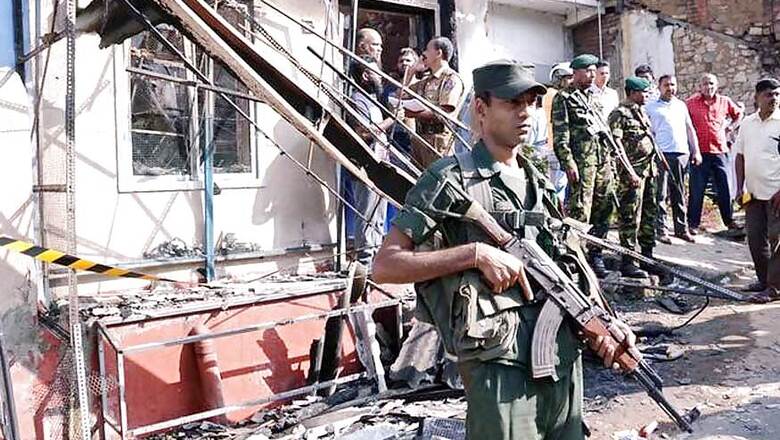
views
COLOMBO: Exactly nine years after the island nation ended the 30-year-long bloody civil war, Sri Lanka is once again facing communal tensions. This time it is Buddhists versus Muslims. President Maithripala Sirisena and Prime Minister Ranil Wickremesinghe-led government has clamped a nationwide 10-day emergency to douse the raging communal fire.
Till the end of Eelam war with the LTTE in 2009 in which its chief V Prabhakaran was finally killed, the majority Buddhist community had shared a more or less normal relationship with the minority Muslims. The end of war and the rise of Mahinda Rajapaksa had led to tensions between the two at some places. Some radical Buddhists organizations had also launched sporadic attacks on the Muslims.
But such incidents died down after the joint opposition managed to unseat the authoritarian Rajapaksa regime in January 2015. The newly elected Sirisena – Wickremesinghe combine initially tried to unite the wounded nation by appealing for peace and calm to rebuild a true democratic, secular society. The recent incidents of violence suggest that their efforts are now falling apart in just three years.
The Buddhist and Muslim communities clashed after the murder of a Buddhist youth by some local goons from the Muslim community near Kandy in the Central Province. A journalist from Colombo told News18 that a local incident of thuggery or road rage had led to a full-scale communal violence in Kandy–Pallekelle area.
He said “it was a road rage incident. Some troublemakers seem to have taken the advantage of it to spread violence across the province. The situation is a warning signal to all of us. But the government has acted swiftly by rushing military and Special Task Force (STF) to Kandy area to bring the situation under control”.
The capital, Colombo, is calm and there have been no incidents of communal violence from any parts. However, the government has tightened the security across island’s largest city and seat of power. The greater Colombo area has 55 lakh people in a country with just 2.2 crore population. It is also home to a large number of Muslims and Tamils.
Speaking to News18, the editor of a leading English daily said, “I hope the violence won’t spread to other parts and particularly Colombo. There is a tension between Muslims and Buddhists here. There are many reasons for that. When compared to Buddhists, many Muslims are well off. They also get a lot of money from Gulf and other Arab nations. It can also lead to clashes”.
Another veteran editor who took on Rajapaksa during his regime said that the huge win for Rajapaksa’s party in the February tenth local government election had emboldened his supporters and some of them had a radical mindset.
He said, “Rajapaksa is a clever politician. He knows that Sirisena – Wickremesinghe experiment against him is collapsing and steadily losing credibility. He wants to come back in the 2020 elections at least as the Prime Minister making his brother the President. Many of his supporters have a radical mindset. They wait for a situation like this”.
Rajapaksa followers have dismissed such allegations describing them as absurd. They maintain that Rajapaksa himself has appealed for calm and point out that he has even cancelled the local government victory celebration scheduled for Wednesday in Colombo.
The militant Buddhist organization Bodu Bala Sena (BBS) known for its anti-Muslim rhetoric has distanced itself from the current violence. Speaking to News18, its charismatic chief and a Buddhist monk Galagoda Aththe Jnanasara said, “The BBS has nothing to do with it. But we are certainly worried about the violence”.
The BBS advocates one nation, one religion and one language theory. Jnanasara said that the BBS was committed to Sinhala primacy in every aspect of the life and a Buddhist nation Sri Lanka should be run like a Buddhist nation.
The BBS is allegedly close to Rajapaksa and he was even accused to turning a blind eye towards its alleged atrocities against the Muslims during his regime. Apart from Tamil Muslims in the North and East of Sri Lanka, the trading class Muslims known as Moors control lot of businesses in the western and southern parts of the country. Muslims run lucrative businesses across Sri Lanka, including Colombo and Galle.
In 2014 June, a widespread communal violence had displaced over 10,000 Muslims in Western and Southern parts of the island. The BBS was blamed for that incident.










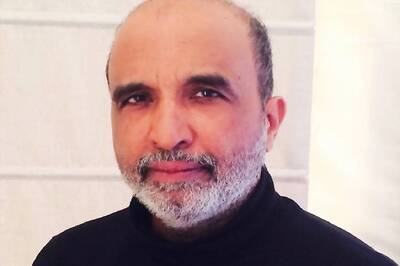
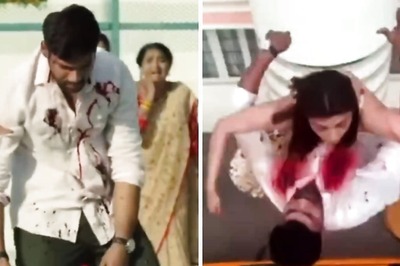



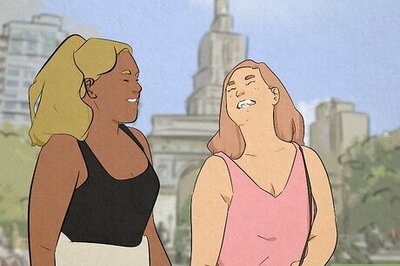

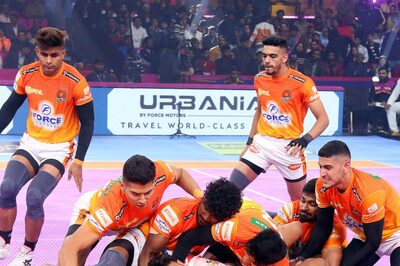

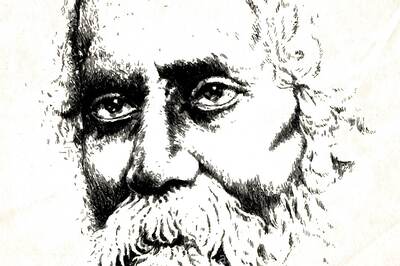
Comments
0 comment